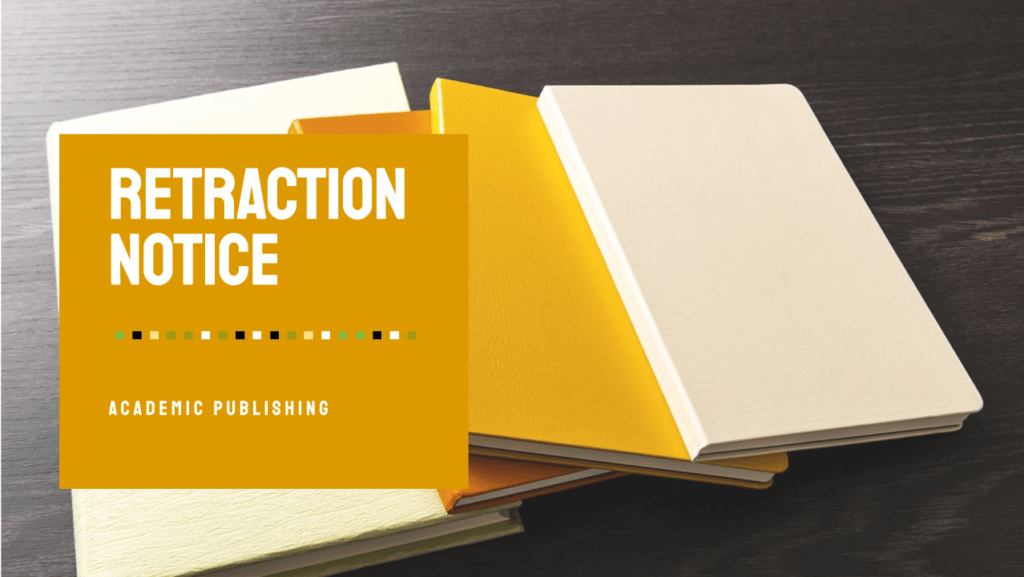Article retraction is an extremely important action in academic publishing that upholds and protects the credibility and integrity of academic literature. In this post, we will define what article retraction means, elaborate on the reasons behind it, and establish whether publications that have been retracted can still be cited.
Retraction indicates that an article has been published and is now officially removed from the accurate academic record. This usually happens when substantial mistakes, defects, or unethical behavior are discovered in the publication, rendering its conclusions inaccurate or deceptive. Retractions serve to correct the scientific literature and alert readers as well as the research community about issues surrounding the paper being retracted.
There are several causes for article retractions when the publisher discovers any of the following issues
- Errors in research design, methodology, data analysis, and data processing.
- Violations in the publication ethics such as duplicate publications, data fabrication, plagiarism, self-plagiarism, salami publications, undisclosed conflicts of interest, and copyright infringement.
In some cases, retraction might be requested by the authors themselves when they find unintentional errors that may cause problems in the scientific literature.
Retractions are always necessary to guarantee the accuracy and reliability of the scientific literature.
Now, the question is: Can retracted articles still be cited?
Retracted articles should not be relied upon as reliable or high-quality sources of information. Nevertheless, even after being retracted, these publications can still be acknowledged and cited in future research provided they are put in the right context. Authors and researchers must therefore be clear that the article has been pulled out and also give reasons for the same so that any false or misleading information is not repeated in the process.
To sum up, article retraction serves as a vital mechanism for rectifying scientific literature. It addresses mistakes, ethical violations, and other matters that can compromise the integrity of published literature. Although retracted articles should not be considered valid sources, they may still be referred to in future publications if accompanied by an appropriate context and an explanation of their retraction status.
If you have any questions or ideas regarding this subject, please do not hesitate to leave a comment below. Let’s strive for openness and honesty in our academic publishing endeavors.
About Us
At Rasayely, we offer a range of exclusive services to support academic authors and publishers:
For Authors
- English Editing Services
- Translation Services (Arabic to English and Vice Versa)
- Formatting the Manuscript to Follow Journals’ Guidelines
- Journal Selection
For Publishers
- English Editing Services
- Copy editing and typesetting
- XML conversion
If you’re interested in learning more about our services or have any questions, please don’t hesitate to reach out to us at info@rasayely.com.

